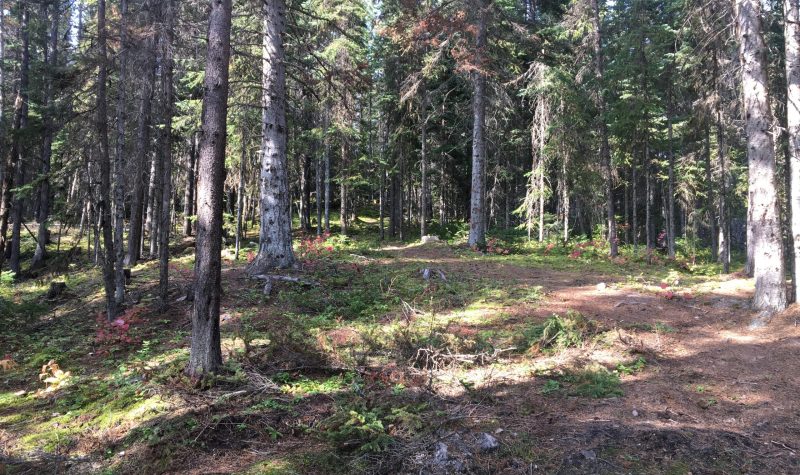By River Wilde
In an effort to bring awareness to the declining state of British Columbia's forest ecosystem, River Wilde and previous Stikine Region MLA Doug Donaldson have studied how industry has drastically changed the landscape of the Kispiox Valley.
Donaldson, originally from Ontario has made a career out of forestry. "I grew up in Ontario where there were lots of forests in retrospect, maybe not a natural forest because we'd had to draw a line around it and make it a national park and that wasn't the best for natural ecosystems. We would spend summers in the Canadian Shield. Always being in close connection with the forest and that influence led me to a wildlife biology degree.
And like many young people I supported myself through one year of university working in a pulp mill back in Hull, Quebec. Then working in national parks for a decade in the Rockies and more recently working for a forest silviculture company in the early nineties in Smithers. And then recently, I was minister of Forest Lands, Natural Resource Operations, and Rural Development. [During that time] I was responsible for 62 different acts."
Despite the unique biodiversity, forests around BC are collapsing at alarming rates.
A 2023 article by Ben Parfitt, March 2nd, titled Houston Falling, Supersized Mills Lead to Supersized Problems for BC Forests and Workers, is a stark contrast to hopes and dreams toted in a 2004 Globe and Mail article by Peter Kennedy, titled Canfor Unveils Jumbo Sawmills. The 2004 article in the Globe and Mail quotes, "The development of such huge operations has been made possible by advances in computer technology and a wave of industry consolidation that ensures that a long term supply of logs is available to keep them running."
In part one of this series called If A Tree Falls, Wilde and Donaldson discuss the history of forestry in the province with a local slant.
To hear the full conversation, listen in the link below.


